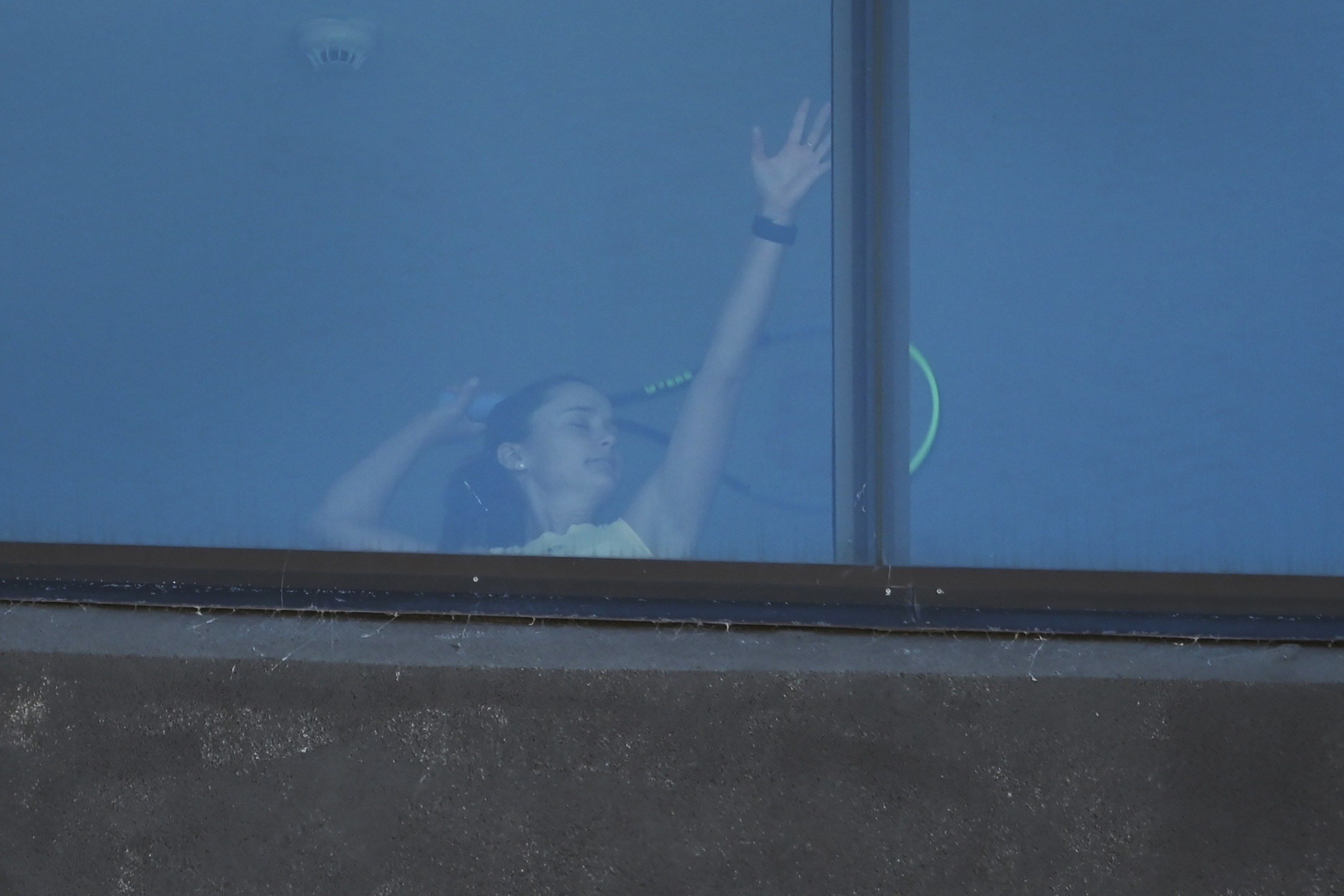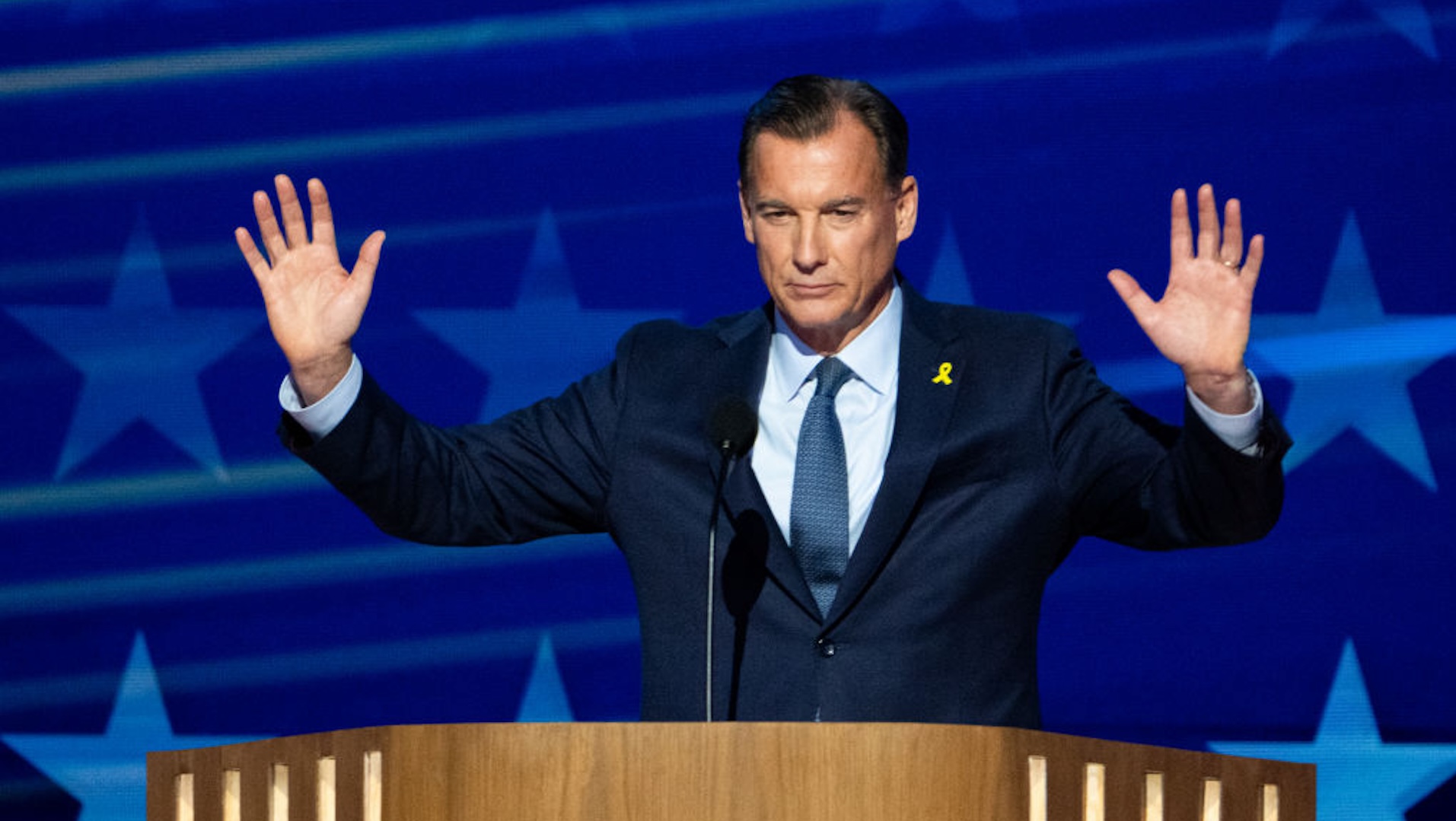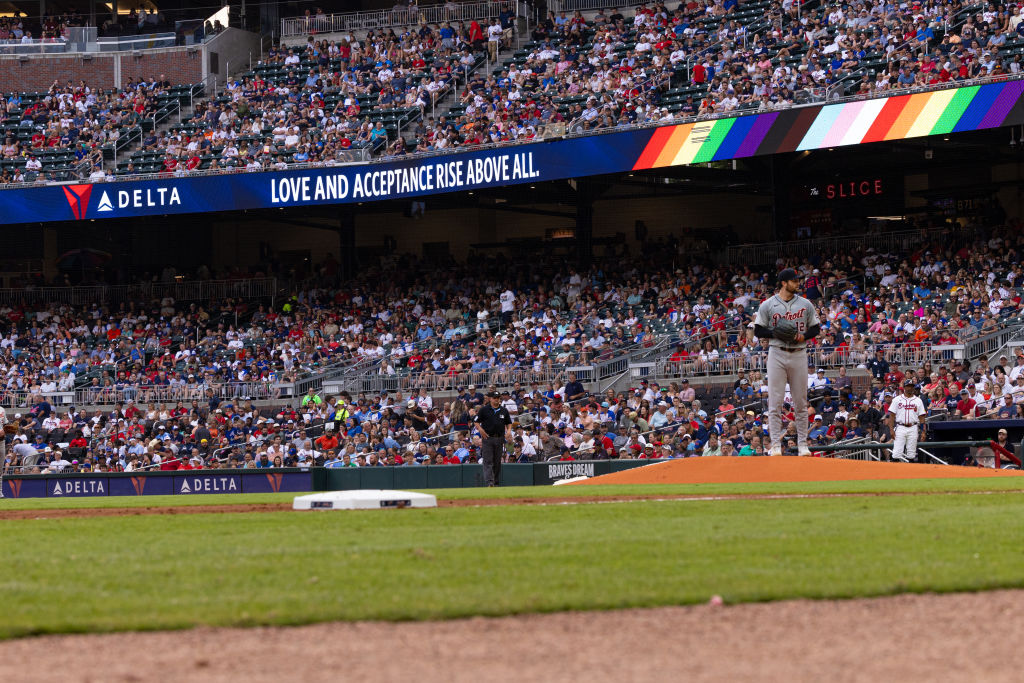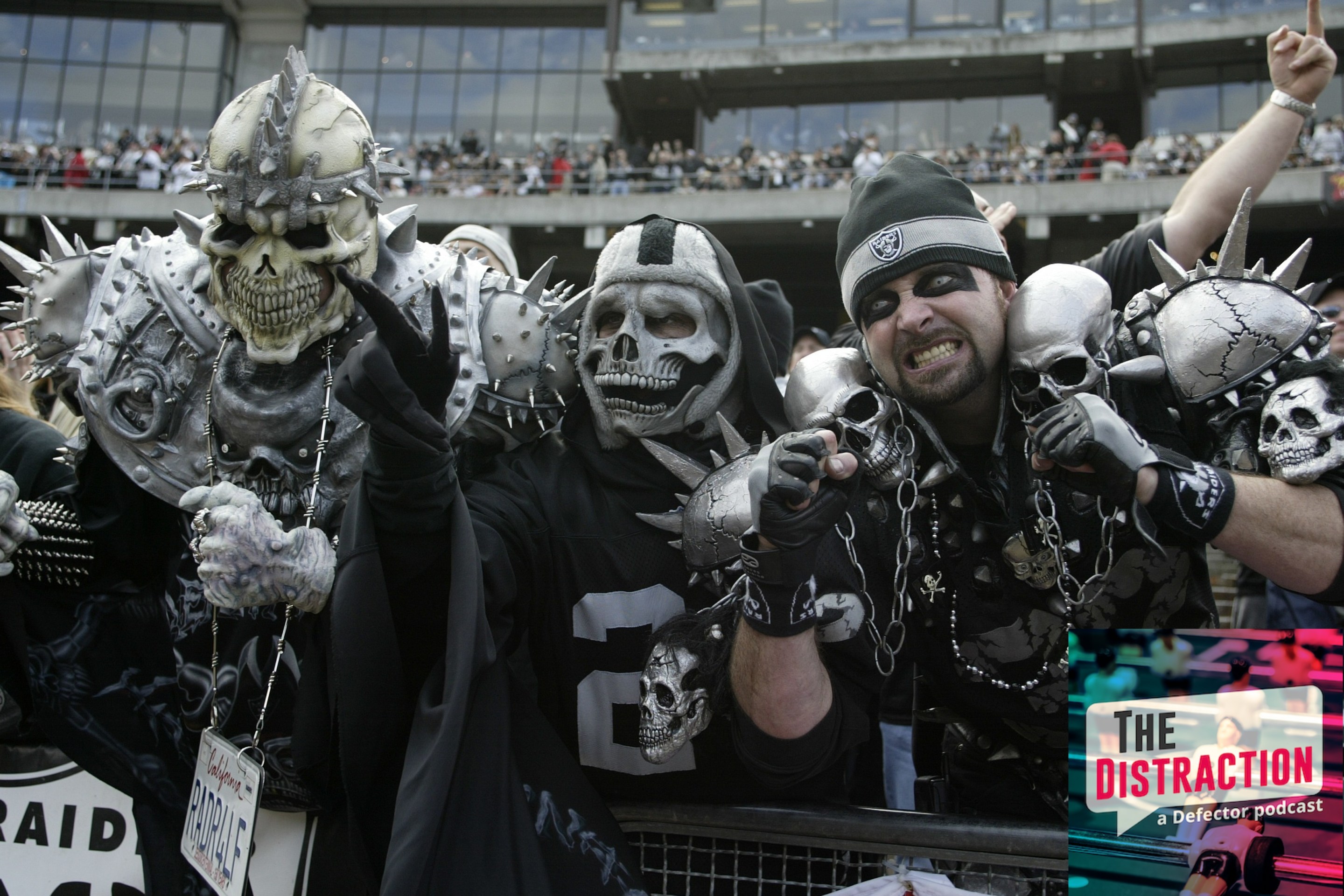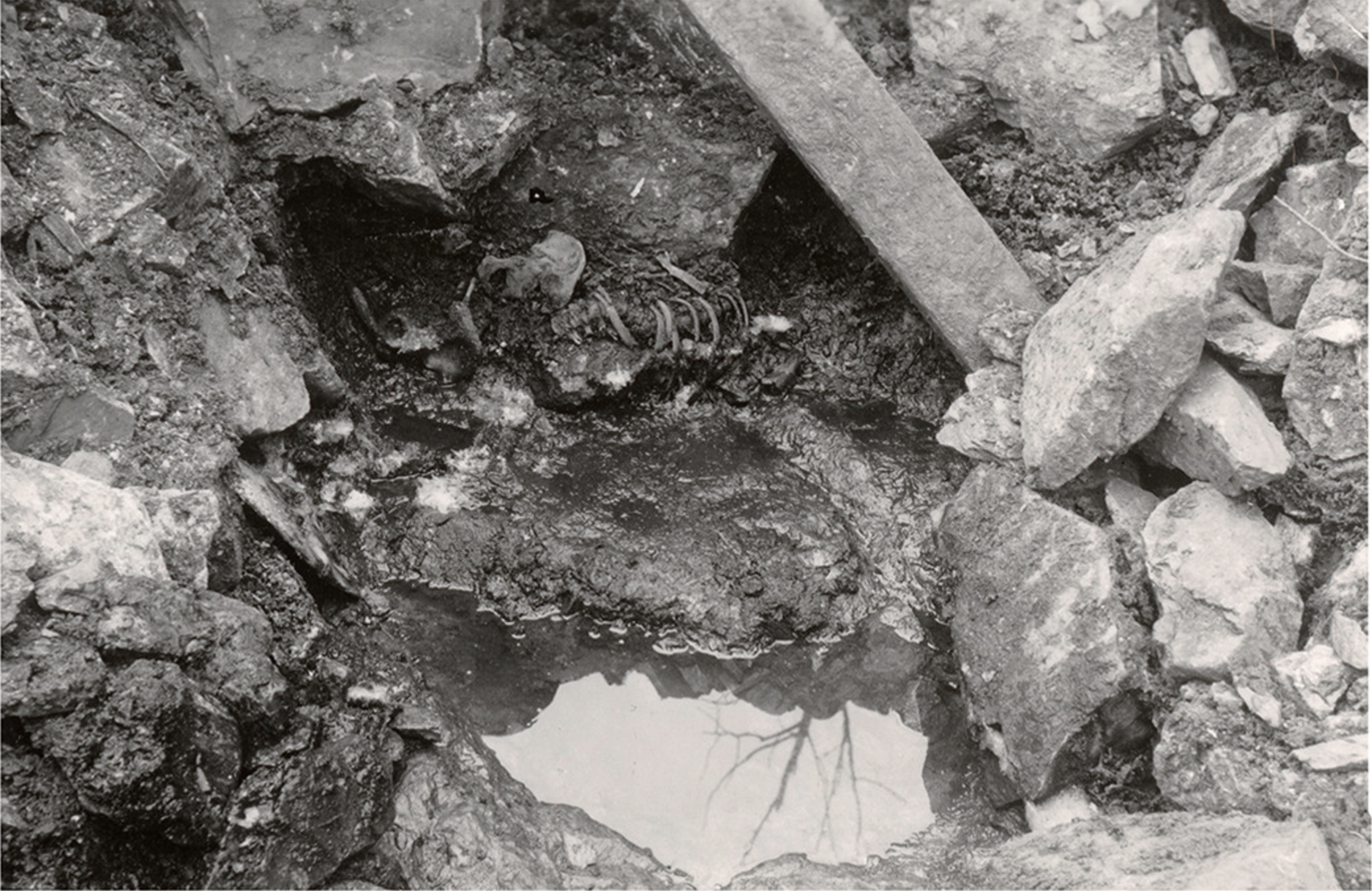Spend 30 seconds thinking about the logistical undertaking required to stage the Australian Open and you'll wonder how it happened at all: 1,200 tennis players, staff, and officials were ferried from all countries all over the world, on 15 chartered flights, to an island nation unwilling to endanger its hard-won containment of the coronavirus. Imagine if Roger Goodell had been put in charge of that process. Travelers had to test negative for COVID-19 in order to board the plane—which barred high-profile players like Andy Murray and Madison Keys from leaving the U.K. and U.S., respectively—and would be extremely limited in their movement upon arrival.
Australian authorities laid out a protocol much stricter than bubbling seen across tour stops in late 2020: Players would have a 14-day stay in a hotel with daily COVID-19 tests; on condition of a negative test, players would be allotted five hours a day to train, with the remaining 19 spent inside the rooms. That'd be a gauntlet for any human, let alone one mentally and physically preparing for one of the four most significant events of their year. But by the same token, it would have been tough for some of them to sit out: The first-round payout alone at a Grand Slam is enough to keep lower-ranked players afloat, and money is already tight for many after the pandemic-gutted 2020 schedule.
Negative tests before boarding a plane are one thing; not being full of coronavirus upon arrival is another. In the days after those jets landed, those daily tests occasionally came up positive. Here's the tally from a Jan. 19 New York Times story:
First, there was word on Saturday that a flight attendant and another passenger had tested positive on a flight from Los Angeles (a third person later tested positive). Then [tournament director Craig] Tiley announced that a passenger on a plane from Abu Dhabi — Sylvain Bruneau, the coach of Bianca Andreescu, a 2019 United States Open champion, acknowledged he was the one — had tested positive. On Sunday, it was someone, again not a player, on the plane from Doha, and another from the Abu Dhabi flight.
Infected travelers were transferred to a medical hotel. The fallout was significant: Passengers on those three flights, who were potentially exposed during long flights to Australia, entered hard lockdown. None of the 72 players in that group can leave their rooms for the whole 14-day period—no exceptions for training. That means players are drilling footwork in hallways, practicing volleys against windows, trying to figure out how to stay in Grand Slam match form within the confines of a hotel room. They are playing a sport so finicky and so sensitive to changes in rhythm that they need to train on specific court surfaces, in specific weather, with specific balls to prepare for a major. It's going to be a weird, weird tournament.
Some players have objected to the rigor of the quarantine, like Alize Cornet, who later apologized. Roberto Bautista Agut likened it to prison with WiFi. Everyone's complaining about the food. Some players have already flouted protocol—by opening their hotel rooms to talk across the hallway, for example—which had Emma Cassar, head of quarantine in the state of Victoria, where the tournament is held, brandishing potential fines, police warnings, or relocation to a room with a police detail. (Cassar is also commissioner of the corrections system in Victoria.)
Yulia Putintseva, meanwhile, regretted coming at all:
What i don’t understand is that, why no one ever told us, if one person on board is positive the whole plane need to be isolated🤦🏼♀️ I would think twice before coming here
— Yulia Putintseva (@PutintsevaYulia) January 16, 2021
Tournament director Craig Tiley insists that players were well aware of what would happen if they were in close contact with positive cases, and were kept informed on weekly phone calls for months leading up to the tournament. Putintseva, for her part, has documented several mice (or one extremely persistent mouse) in her two different hotel rooms; she's also rallying against an upturned mattress.
Grand slam preparation 😅 pic.twitter.com/ALvc4EugN6
— Yulia Putintseva (@PutintsevaYulia) January 17, 2021
World men's No. 1 Novak Djokovic, who tested positive for COVID-19 after hosting a super-spreader exhibition tournament last summer, has submitted a list of six requests for improved player conditions during the quarantine period. These requests reportedly included decent food, increased player-coach contact, and lodging in private residences with courts. Probably he did not expect that Daniel Andrews, Victorian Premier, could return serve as brutally as he does. “People are free to provide lists of demands. But the answer is no,” Andrews said.
